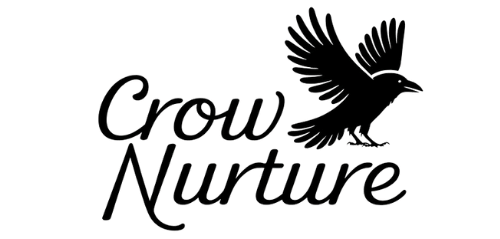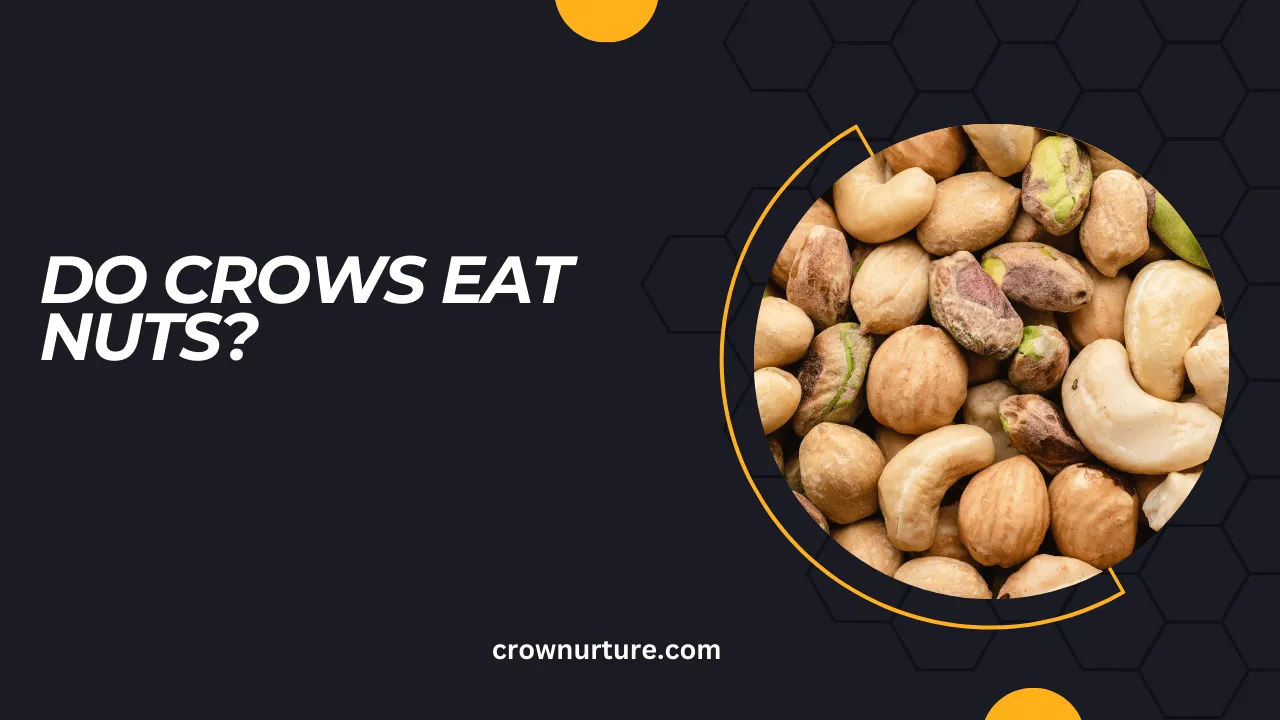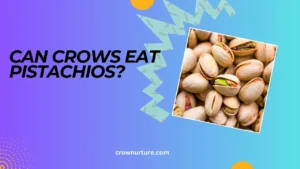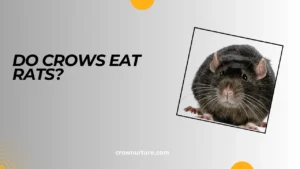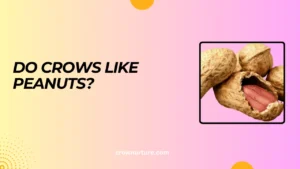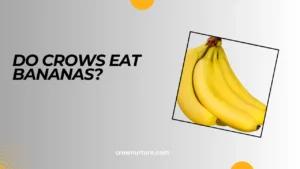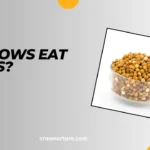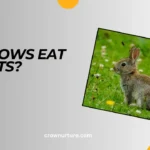Crows have earned a reputation as one of nature’s smartest creatures, often surprising us with their ingenuity and adaptability. Whether they’re crafting tools, solving puzzles, or stealing snacks, their behavior is endlessly fascinating.
But have you ever considered what fuels this brilliance? Among their many dietary staples, nuts hold a significant place—both as a nutritious energy source and as a testament to their problem-solving skills.
Nuts are not just food for crows; they are a challenge and an opportunity. From cracking open hard shells to cleverly storing nuts for later use, crows showcase remarkable intelligence in accessing this resource.
These birds have even been observed dropping nuts onto busy roads, letting passing cars do the hard work of cracking them open. Their adaptability raises questions about how such behaviors evolved and what role nuts play in their survival.
Understanding crows’ relationship with nuts not only deepens our appreciation for these incredible birds but also highlights their role in maintaining ecological balance. In this article, we’ll explore how crows consume nuts, the strategies they employ, and the broader implications of their nut-eating habits for ecosystems and human interactions.
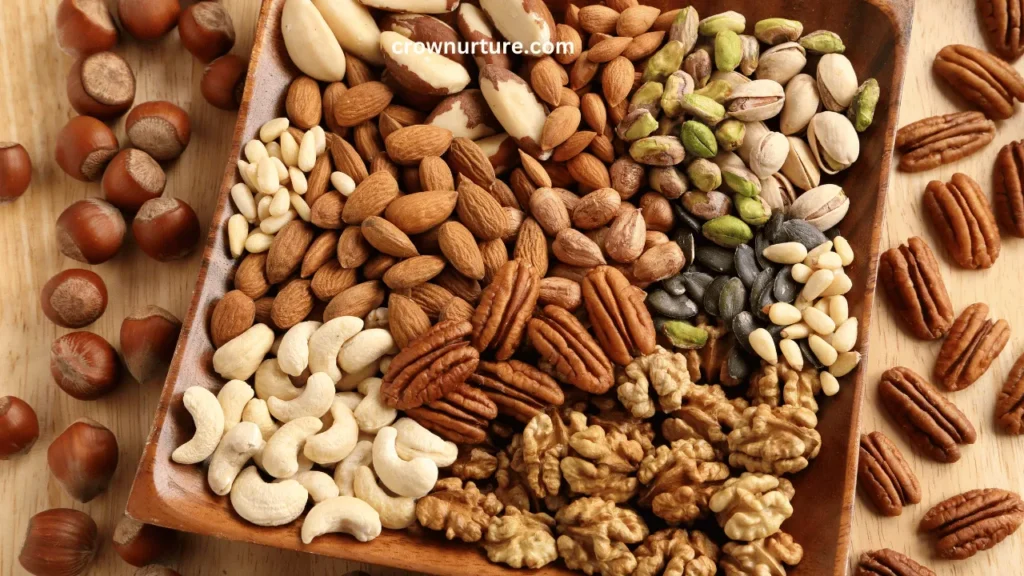
Contents
1. Crows: Opportunistic Omnivores
Crows are opportunistic omnivores, meaning they eat a wide variety of foods depending on availability. Their diet includes insects, fruits, grains, carrion, small animals, and, of course, nuts.
Their adaptability allows them to thrive in different environments, from forests to urban areas. This diverse diet enables crows to survive in changing conditions and fluctuating food supplies.
Nuts, although seasonal, are a particularly important resource for crows, especially in areas where they are abundant. They provide not just nutrition but also opportunities to demonstrate their intelligence and problem-solving abilities.
2. Nut Consumption Habits
Crows are known to eat a variety of nuts, including acorns, walnuts, pecans, and hazelnuts. These nuts are rich in energy, making them an attractive food source.
They employ innovative strategies to acquire and consume nuts. For instance, crows often gather nuts from trees or the ground and have been observed storing them for later consumption. This caching behavior shows their remarkable ability to plan for the future.
One of their most impressive skills is their method of cracking nuts. Some crows drop nuts from heights onto hard surfaces to break the shells, while others have been seen using tools like rocks to pry them open. These techniques highlight their resourcefulness and cognitive abilities.
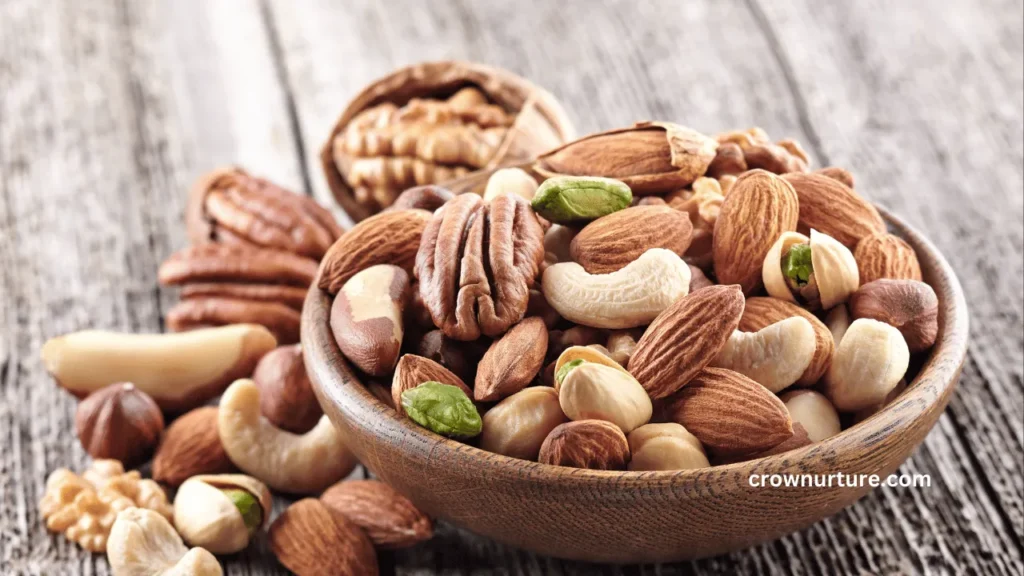
3. Nutritional Value of Nuts for Crows
Nuts are a valuable energy source, especially during colder months when other food options might be scarce. Their high-fat content provides the calories crows need to survive.
In addition to energy, nuts contain essential nutrients like fatty acids and vitamins, which contribute to the overall health and vitality of these birds. This makes nuts a crucial part of their seasonal diet.
By consuming nuts, crows can store energy reserves that help them endure harsh environmental conditions, showcasing their ability to adapt to seasonal challenges.
4. Impact of Human Activities
Human activities, such as urbanization and deforestation, have impacted the availability of natural food sources, including nuts. These changes force crows to adapt their diets further.
In urban areas, crows often rely on human-provided food, such as garbage or food scraps, which may reduce their dependence on natural resources like nuts. This shift can alter their natural behaviors and impact local ecosystems.
Additionally, competition with other species, like squirrels, for nut resources can influence crow foraging habits. Despite this, crows continue to demonstrate their adaptability in finding and consuming nuts.
5. Crows and the Ecosystem
Crows play an important role in ecosystems by acting as scavengers and seed dispersers. By consuming and spreading nuts, they contribute to the regeneration of plant species.
Their nut-eating habits also highlight their position in food webs, influencing both prey and predator dynamics. This role underscores the importance of understanding and conserving crow populations.
Through their foraging behaviors, crows maintain a delicate ecological balance, demonstrating how their diet—nuts included—has far-reaching effects.
Conclusion
Crows are not just casual nut-eaters; their relationship with nuts is a testament to their adaptability and intelligence. Nuts provide a vital energy source, especially during challenging seasons, and allow crows to showcase their unique problem-solving skills.
Understanding the role of nuts in a crow’s diet emphasizes the importance of preserving diverse habitats. By ensuring the availability of natural food sources like nuts, we support the health and sustainability of crow populations.
As we marvel at the ingenuity of crows cracking and storing nuts, we’re reminded of the intricate connections in nature and the resilience of wildlife. Let’s continue to learn from and protect these remarkable birds as they navigate an ever-changing world.
FAQs
1. Do crows eat nuts?
Yes, crows eat nuts, including acorns, walnuts, pecans, and hazelnuts, which are valuable sources of energy.
2. How do crows crack nuts?
Crows often drop nuts from heights onto hard surfaces or use tools like rocks to open them.
3. What types of nuts do crows prefer?
Crows commonly eat acorns, walnuts, pecans, hazelnuts, and other locally available nuts.
4. Do crows store nuts?
Yes, crows exhibit caching behavior, storing nuts in various locations to consume later.
5. Why are nuts important for crows?
Nuts provide energy, essential nutrients, and a reliable food source during colder months.
6. Do human activities affect crow diets?
Yes, urbanization and deforestation reduce natural food sources like nuts, causing crows to rely more on human-provided food.
